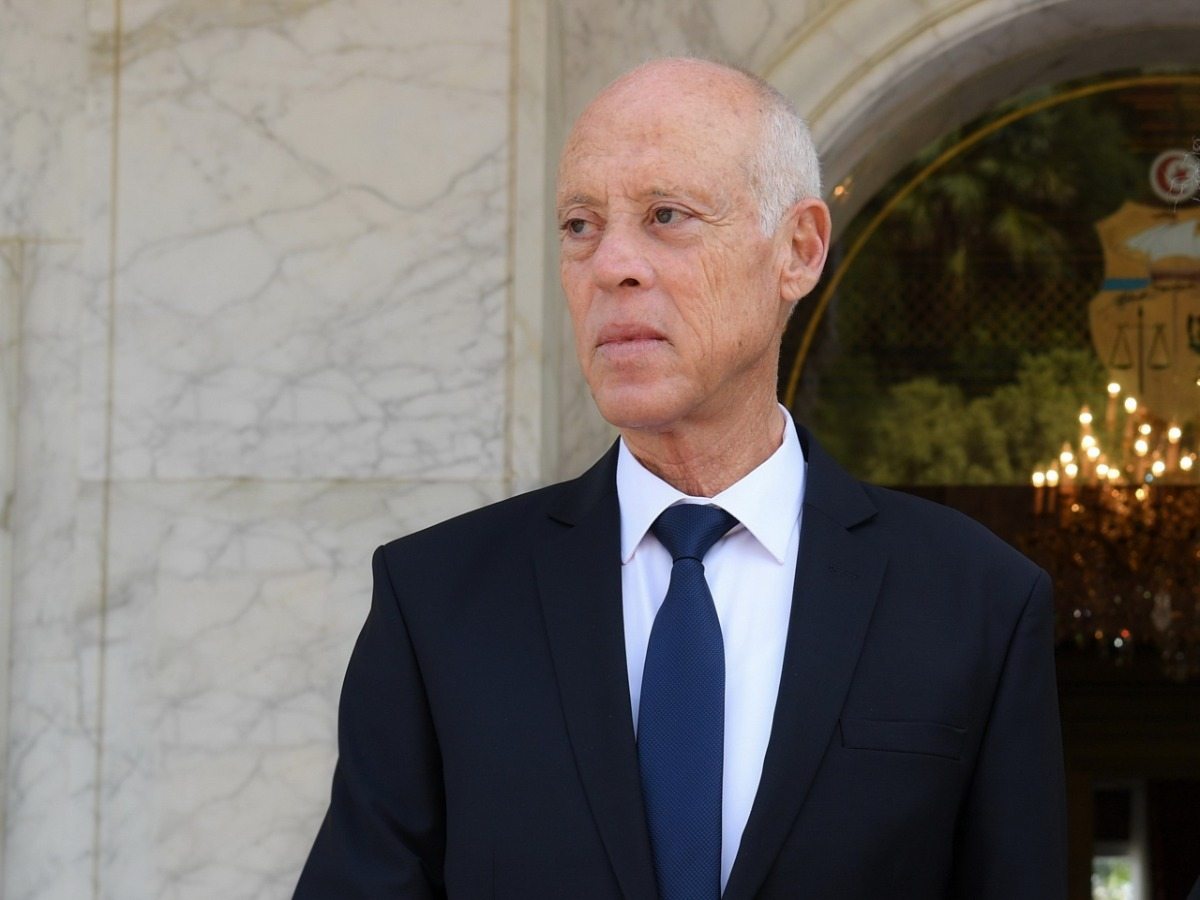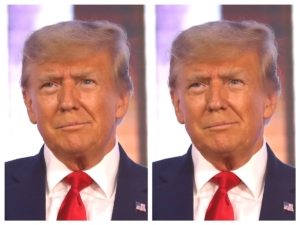Thousands of Tunisians filled the streets of Tunis on Friday to protest what they see as the steady erosion of democracy under President Kais Saied, four years to the day since he began consolidating one-man rule in the country that once sparked the Arab Spring.
On July 25, 2021, Saied stunned the nation by suspending parliament, dismissing the prime minister, and invoking emergency powers to rule by decree. Though initially welcomed by some citizens frustrated with a stagnant political system, many others condemned the move as a coup, and the beginning of Tunisia’s return to authoritarianism.
Protesters on Friday reportedly marched through the capital, chanting defiantly, “no fear, no terror, power to the people,” while holding images of jailed political opponents and symbolic props like a cage to represent what organizers described as the death of political freedom.
Much of the protest was led by women, calling for the release of imprisoned opposition figures including Abir Moussi, leader of the Free Destourian Party, and lawyer Sonia Dahmani. They join a long list of activists, journalists, and dissidents who have been detained in the wake of Saied’s power grab, many on charges critics say are vague and politically motivated.
Watch a recent episode of The BreakDown podcast below and subscribe to our channel PanaGenius TV for latest episodes.
“July 25 used to mark the Republic’s founding. Now, it marks its dismantling. Absolute power is absolute corruption,” said Samir Dilou, a former government minister and member of the Islamist Ennahda party.
Among those behind bars is Rached Ghannouchi, Ennahda’s longtime leader and one of Tunisia’s most influential political figures. His detention has come to symbolize the government’s sweeping crackdown on opposition voices.
Originally celebrated as the anniversary of Tunisia’s founding as a republic in 1957, July 25 was later adopted by pro-Saied supporters as a day to reject the country’s political elite. Now, for many, it marks a turning point in what they see as the dismantling of hard-won democratic institutions.
Tunisia’s ongoing political crisis has unfolded amid mounting economic struggles and growing public frustration. Amnesty International reported last June that authorities have widened their campaign against critics and used ambiguous legal tools to silence marginalized groups and dissent.










